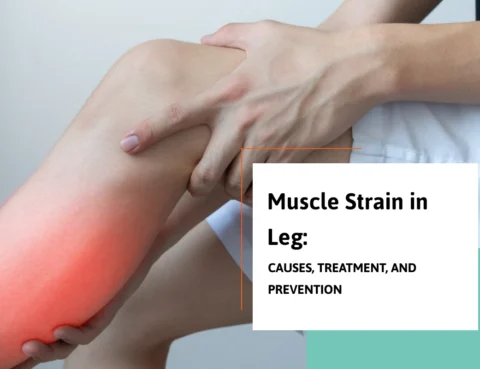
A strained muscle leg injury can be frustrating, but understanding the injury process and knowing how to respond makes a huge difference in recovery.
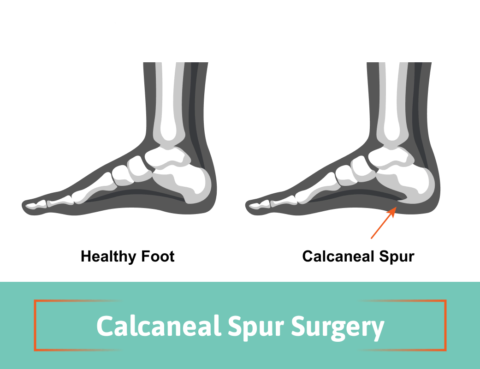
Healing from bunion surgery takes time, and understanding the recovery process week by week can help you prepare both physically and mentally. Here’s what you can expect after bunion correction surgery.
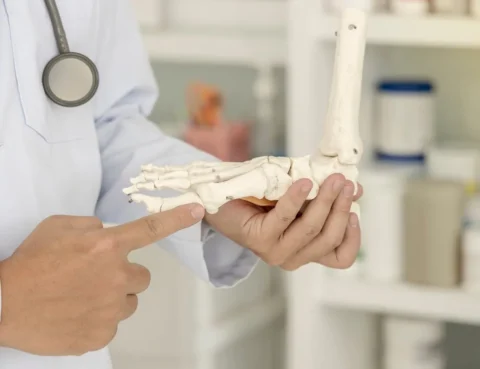
Healing from bunion surgery takes time, and understanding the recovery process week by week can help you prepare both physically and mentally. Here’s what you can expect after bunion correction surgery.
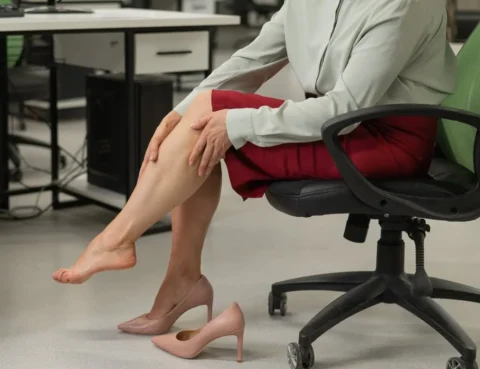
Generally speaking, leg pain can be caused by injury, overuse, and also from general health conditions. It can also be related to circulatory problems and nerve conditions.
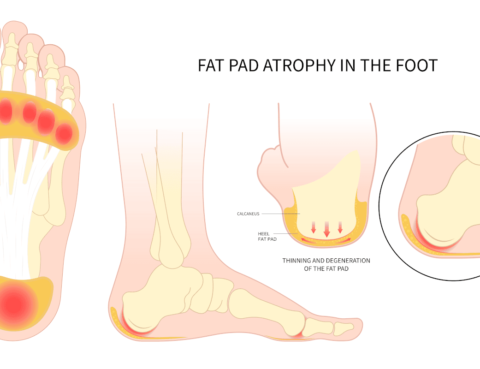
When one is suffering from heel pad syndrome, the pain will be directly underneath the heel bone. Pain may be present first thing when you get up in the morning or when you walk throughout the day.
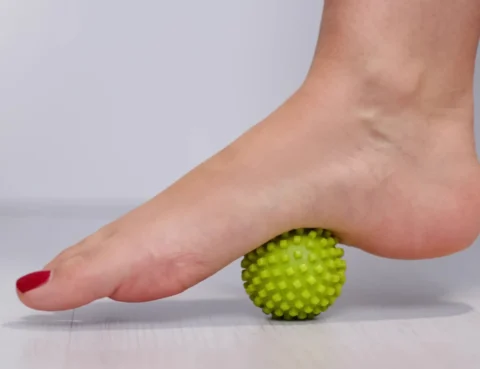
Pain in the arch of the foot is a very common complaint seen by podiatrists. One of the most common causes is plantar fasciitis. This blog will discuss many other potential causes of arch pain that you may not have heard of.
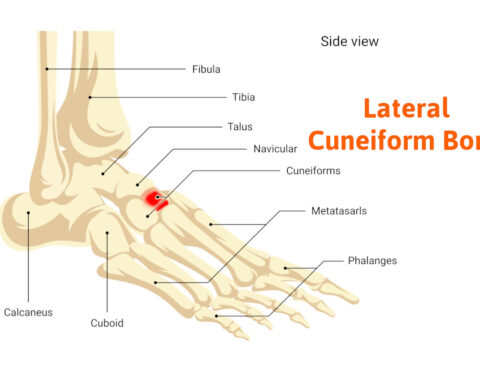
It’s part of a group of bones called the tarsal bones that we’ll discuss before diving into the lateral cuneiform bone specifically.

It is the third largest tendon going into the foot with the Achilles tendon being the largest and posterior tibial tendon the second largest. It’s function is to pull the foot up towards the knee. Without it your foot would slap down as you walk as the heel strikes the ground.
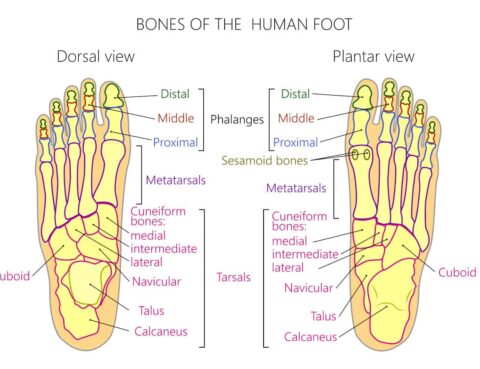
There are many bones in the foot making its anatomy one of the more complex in your body. Of the 26 bones in the human foot approximately half of them are phalanges in the foot.
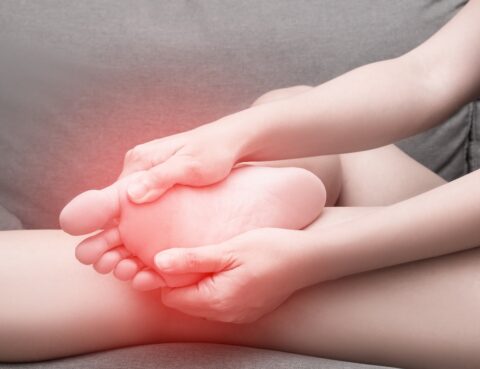
The sesamoid bones are small pea shaped bones that sit beneath the big toe joint. Where there is pain under your big toe it may be called sesamoiditis pain.
